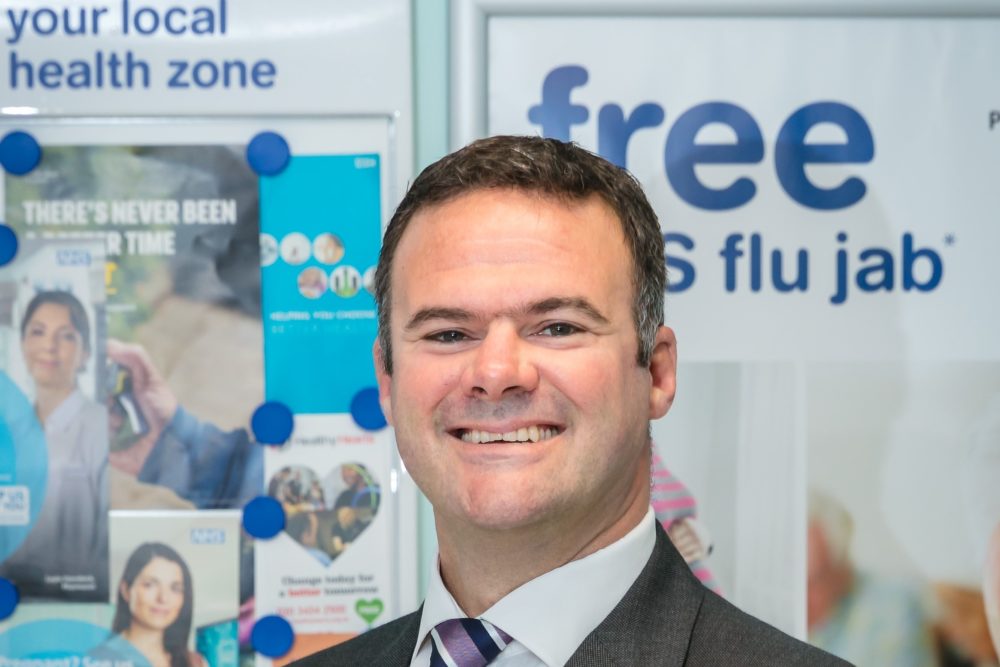
As we enter the ‘new normal’, which is far from business as usual, the community pharmacy sector is working to innovate.
The challenges faced by community pharmacy as one of the very few businesses remaining open during the peak of COVID-19, meant that the sector had to quickly adapt to meet the needs of the public under pressured circumstances. In fact, as lockdown came into force, pharmacy was hit with a record increase in demand for medicines, with 93 million prescription items dispensed in March alone. This is the highest reported number since current records began.
Pharmacy has truly acted as a cornerstone of the NHS during the pandemic, maintaining resilience and agility in the supply of medicines alongside offering accessible health advice and support, all the while adapting to patients’ needs and keeping safety at the heart of operations. During this time, technology has helped ease the pressures on busy pharmacy teams. Some of our members have made significant investments in recent years in creating automated assembly and distribution hubs which send prepared prescriptions either into a pharmacy branch or directly to a patient’s home. Similarly, our members are innovating with concepts such as prescription vending machines to allow people to collect their medicines at a time suitable for them, while avoiding both queues and unnecessary contact with others. These types of innovation have proven to be instrumental during COVID-19.
As we enter into the next stage of this pandemic and begin to establish how we can recover, restore and build on the knowledge of our experiences, the sector requires support from the government and wider NHS to enhance our capacity for new service delivery. This needs to occur while taking into account safe service provision in a post-COVID world.
We need the NHS to recognise the sector as being part of the primary care family, so that as decisions are taken in future, the sector does not have to work to retrofit solutions to enable us to deliver within any emerging scenarios. This played out early on in the lockdown as pharmacy teams were overlooked as NHS key workers by not originally being included in the NHS life assurance scheme. Again, when general practice was asked to create COVID positive centres, many of the co-located pharmacies were not pro-actively engaged.
The CCA is working closely with partners across the sector to develop how patient care can be provided in the future. We are calling for new models of service delivery in a COVID secure environment such as flu vaccinations being delivered off-site and other care services that are currently restricted in delivery location to be made more accessible to patients.
The pandemic has certainly presented many challenges, but it has also given way to new opportunities for patient care. We are keen to explore the next stage, and how we can support the NHS and our communities as their community pharmacy.
COVID-19 has also accelerated changes that were already underway. Our response to the pandemic has demonstrated what community pharmacy can do, and we are now calling on the government to help us achieve the full potential of community pharmacy by supporting our continued sustainable evolution.
A resilient community pharmacy network delivers care to patients where they need it, in the heart of communities and in innovative ways which can help to tackle gaps in health equality. We want to be enabled by the NHS and the government to deliver care however and whenever our patients want it – whether that be online, over the phone, or in person.
